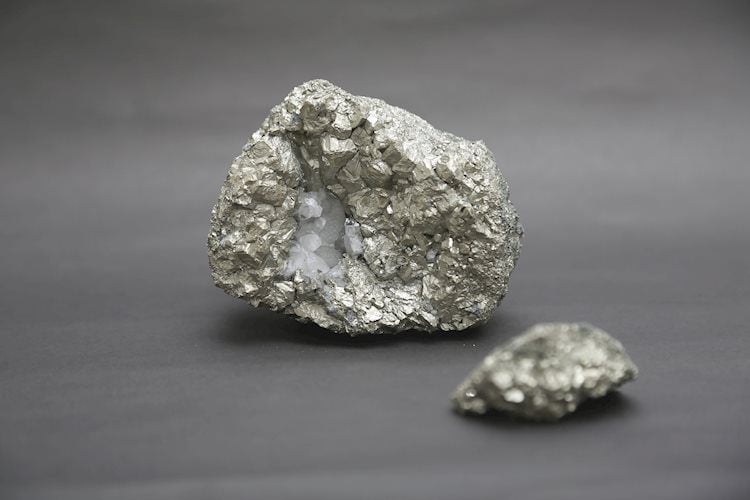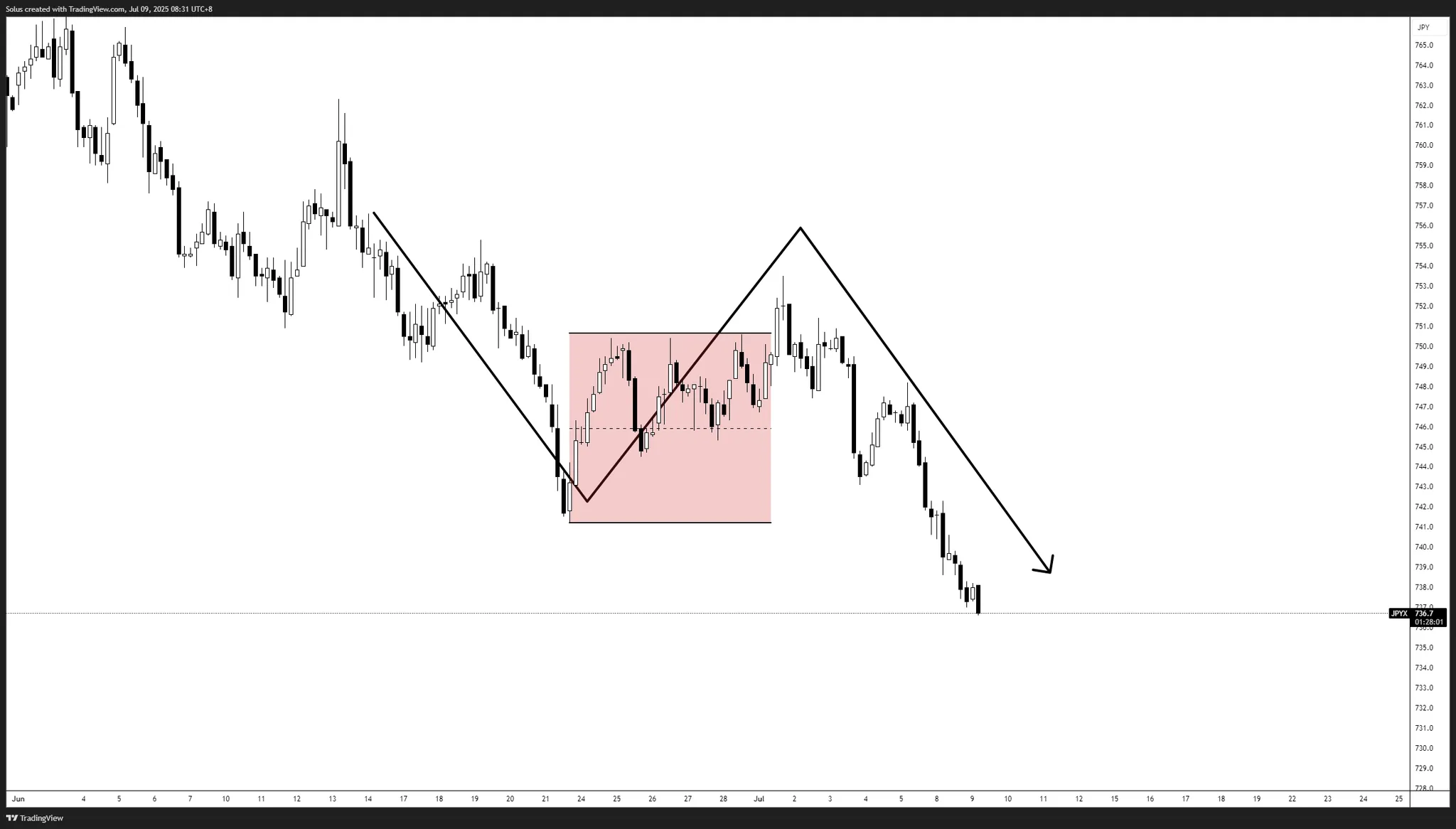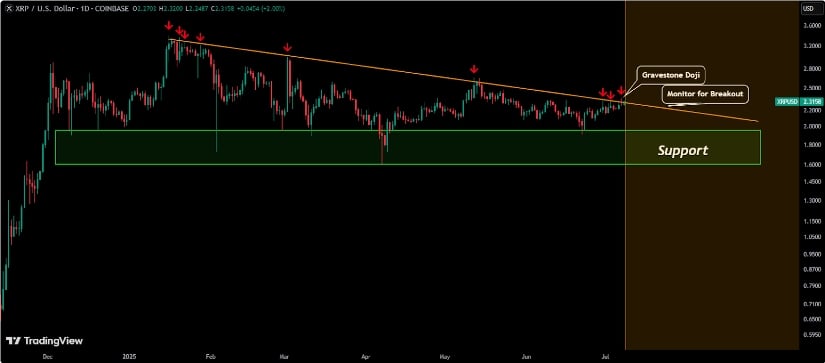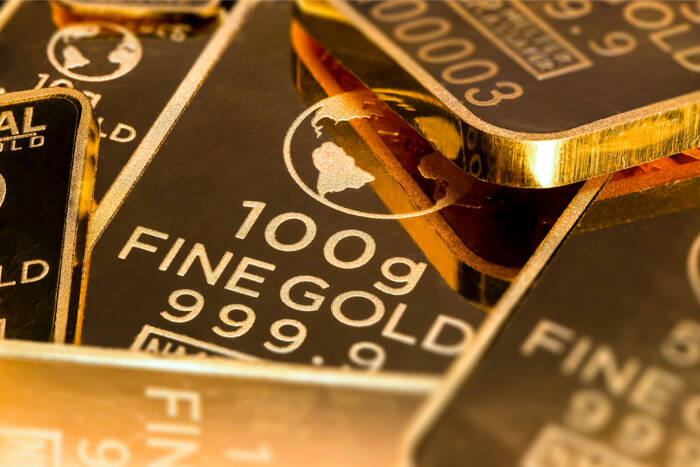Category: Forex News, News
XAG/USD climbs to $30.70 area; not out of the woods yet
- Silver kicks off the new week on a positive note, though the upside potential seems limited.
- The technical setup supports prospects for the emergence of fresh selling at higher levels.
- A sustained strength beyond the $31.00 mark is needed to negate the negative outlook.
Silver (XAG/USD) regains positive traction at the start of a new week and climbs to the $30.70-$30.75 area during the Asian session, albeit it remains confined in a multi-day-old range around the 100-day Simple Moving Average (SMA).
The XAG/USD last week rebounded from the $29.70-$29.65 support zone, representing the 61.8% Fibonacci retracement level of the August-October rally. Moreover, the emergence of fresh buying on Monday favors bullish traders. That said, technical indicators on the daily chart are holding in negative territory and are still away from being in the oversold zone. Hence, any subsequent move up is more likely to confront stiff resistance and remain capped near the $31.00 round-figure mark.
Some follow-through buying, however, will suggest that the recent corrective fall from the vicinity of the $35.00 psychological mark, or a 12-year peak touched in October, has run its course and pave the way for additional gains. The XAG/USD might then climb to the next relevant hurdle near the $31.70 area (38.2% Fibo. level) before aiming to reclaim the $32.00 round figure.
On the flip side, the $30.20 region, followed by the $30.00 psychological mark could act as immediate support ahead of the $29.70-$29.65 area, or a two-month low touched on Friday. A convincing break below the latter will be seen as a fresh trigger for bearish traders and drag the XAG/USD below the $29.00 mark, towards the very important 200-day SMA support near the $28.80-$28.75 zone en route to the $28.40-$28.35 region, or the 78.6% Fibo. level.
Silver daily chart
Silver FAQs
Silver is a precious metal highly traded among investors. It has been historically used as a store of value and a medium of exchange. Although less popular than Gold, traders may turn to Silver to diversify their investment portfolio, for its intrinsic value or as a potential hedge during high-inflation periods. Investors can buy physical Silver, in coins or in bars, or trade it through vehicles such as Exchange Traded Funds, which track its price on international markets.
Silver prices can move due to a wide range of factors. Geopolitical instability or fears of a deep recession can make Silver price escalate due to its safe-haven status, although to a lesser extent than Gold’s. As a yieldless asset, Silver tends to rise with lower interest rates. Its moves also depend on how the US Dollar (USD) behaves as the asset is priced in dollars (XAG/USD). A strong Dollar tends to keep the price of Silver at bay, whereas a weaker Dollar is likely to propel prices up. Other factors such as investment demand, mining supply – Silver is much more abundant than Gold – and recycling rates can also affect prices.
Silver is widely used in industry, particularly in sectors such as electronics or solar energy, as it has one of the highest electric conductivity of all metals – more than Copper and Gold. A surge in demand can increase prices, while a decline tends to lower them. Dynamics in the US, Chinese and Indian economies can also contribute to price swings: for the US and particularly China, their big industrial sectors use Silver in various processes; in India, consumers’ demand for the precious metal for jewellery also plays a key role in setting prices.
Silver prices tend to follow Gold’s moves. When Gold prices rise, Silver typically follows suit, as their status as safe-haven assets is similar. The Gold/Silver ratio, which shows the number of ounces of Silver needed to equal the value of one ounce of Gold, may help to determine the relative valuation between both metals. Some investors may consider a high ratio as an indicator that Silver is undervalued, or Gold is overvalued. On the contrary, a low ratio might suggest that Gold is undervalued relative to Silver.
Source link
Written by : Editorial team of BIPNs
Main team of content of bipns.com. Any type of content should be approved by us.
Share this article:









